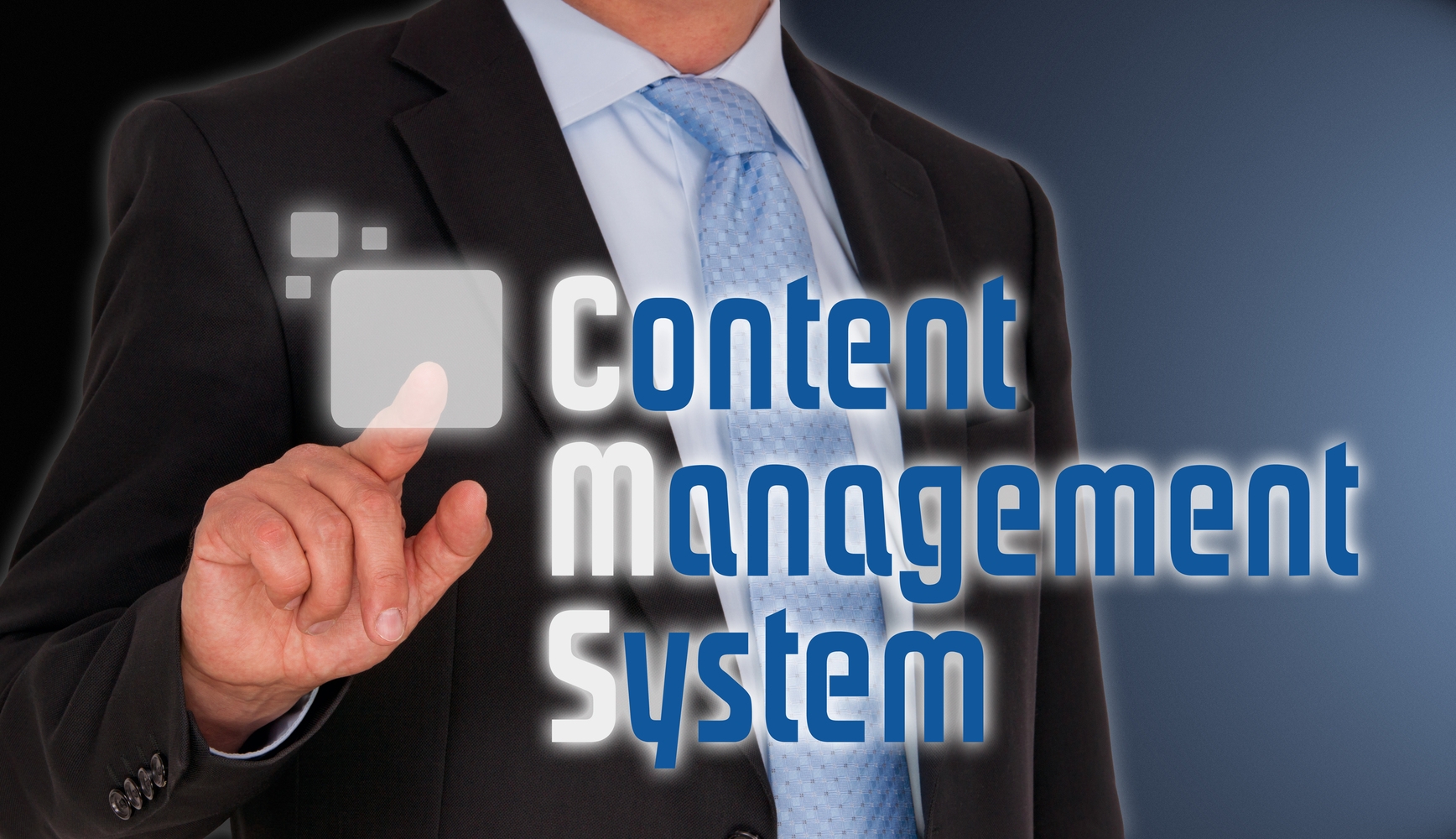Top 4 Cloud-Based Content Management Systems in 2024: A Comprehensive Guide
Discover the top four cloud-based content management systems of 2024, suitable for various business needs from startups to enterprises. Learn about their features, pricing, and how they can enhance your digital content strategy. This guide provides a comprehensive overview to help you choose the best CMS platform for your organization’s growth and success.

Leading Cloud-Driven Content Management Platforms in 2024
In today’s digital landscape, having a reliable and efficient Content Management System (CMS) is crucial for businesses aiming to establish a strong online presence. A CMS simplifies website content creation, management, and publishing, all while requiring minimal technical expertise. The evolution towards cloud-based CMS platforms has brought multiple advantages, including scalability, secure data management, and ease of collaboration across teams. As technology advances, numerous CMS options are available, each catering to different business needs and budgets. In this comprehensive guide, we explore the top four cloud-based CMS solutions that are leading the market in 2024.

1. Contentstack
Contentstack remains a top choice for medium to large enterprises seeking a robust and versatile cloud CMS. Its extensive suite of features allows organizations to manage complex digital content workflows efficiently. Contentstack offers seamless integration with various third-party tools and platforms, enabling businesses to customize their content delivery and management processes significantly. This platform is designed with scalability in mind, ensuring that as your digital needs grow, your CMS can adapt to handle increased content, traffic, and complexity.
Price-wise, Contentstack starts at approximately $3,500 per month, positioning it as an enterprise-grade solution suitable for organizations with substantial content management requirements. Its high price reflects its advanced capabilities, including multi-channel publishing, API-first architecture, and extensive developer support. Contentstack integrates smoothly with major platforms such as IBM Watson for AI-driven content features, Shopify for e-commerce, YouTube for multimedia content, Google Analytics for insights, and Optimizely for A/B testing and personalizations. This level of connectivity makes Contentstack a versatile powerhouse for digital content delivery across multiple channels and formats.
2. Cloud CMS
For organizations seeking an economical yet highly functional cloud CMS, Cloud CMS presents an excellent option. Pricing begins at around $200 monthly, making it accessible to small startups, content-rich websites, and medium-sized enterprises. Cloud CMS prioritizes ease of use and organized content management, supporting various content types such as articles, webpages, images, and media assets.
Additionally, Cloud CMS offers project-specific workflows that streamline content approval processes, ensuring team collaboration stays smooth and efficient. Its intuitive form builder facilitates the creation of custom input forms, perfect for collecting user data or content submissions. The platform also categorizes content effectively, making it easy to locate, update, or repurpose assets. Whether you’re running a blog, an e-commerce site, or an educational portal, Cloud CMS provides a flexible environment adaptable to multiple industries and content strategies.
3. ButterCMS
Recognized for its affordability and developer-friendliness, ButterCMS offers plans starting at just $50 per month. It serves startups, small businesses, and developers who need a scalable yet budget-conscious solution for managing website content. One of ButterCMS’s key advantages is its support for over 20 programming languages, making it easy to integrate with your existing tech stack. Developers appreciate its straightforward API and extensive customization options, enabling them to tailor the CMS to their project needs.
Another significant benefit of ButterCMS is its built-in SEO optimization tools, which help increase a website’s visibility on search engines. The platform also supports WordPress migration, allowing businesses to transition smoothly from traditional WordPress sites without losing existing content or SEO rankings. Despite its affordability, ButterCMS does not compromise on features, providing a rich, flexible environment suitable for scalable websites, blogs, and e-commerce platforms.
4. CosmicJS
CosmicJS offers a simple yet powerful cloud CMS designed with developers in mind. It provides prebuilt code snippets for multiple frameworks, including React, Vue.js, Angular, and more, allowing for rapid deployment and integration. Priced at $99 monthly, CosmicJS is an excellent choice for projects requiring a developer-centric platform with extensive customization capabilities.
This platform features block-based editing that simplifies content creation and management, allowing users to build modular content structures. CosmicJS also supports object category management for organizing content logically, and its content migration tools enable easy transfer of assets between different environments or projects. Content cloning across buckets allows for efficient content reuse and updating across multiple websites or app instances. Whether you’re developing a corporate website, mobile app backend, or a product showcase, CosmicJS offers the flexibility and control needed for modern digital projects.
Overall, selecting the right cloud-based CMS depends on your specific needs, budget, technical expertise, and future growth plans. The platforms discussed above exemplify the leading options in 2024, each catering to different business sizes and requirements. From enterprise solutions to budget-friendly options, the right CMS can significantly enhance productivity, improve content delivery, and facilitate better customer engagement.
In conclusion, embracing cloud-based content management systems is vital for staying competitive in today’s fast-evolving digital world. These platforms not only streamline the content creation process but also enable businesses to deliver a consistent and engaging user experience across multiple channels. By choosing the right CMS, organizations can unlock new opportunities for growth, innovation, and audience engagement in the digital age.




